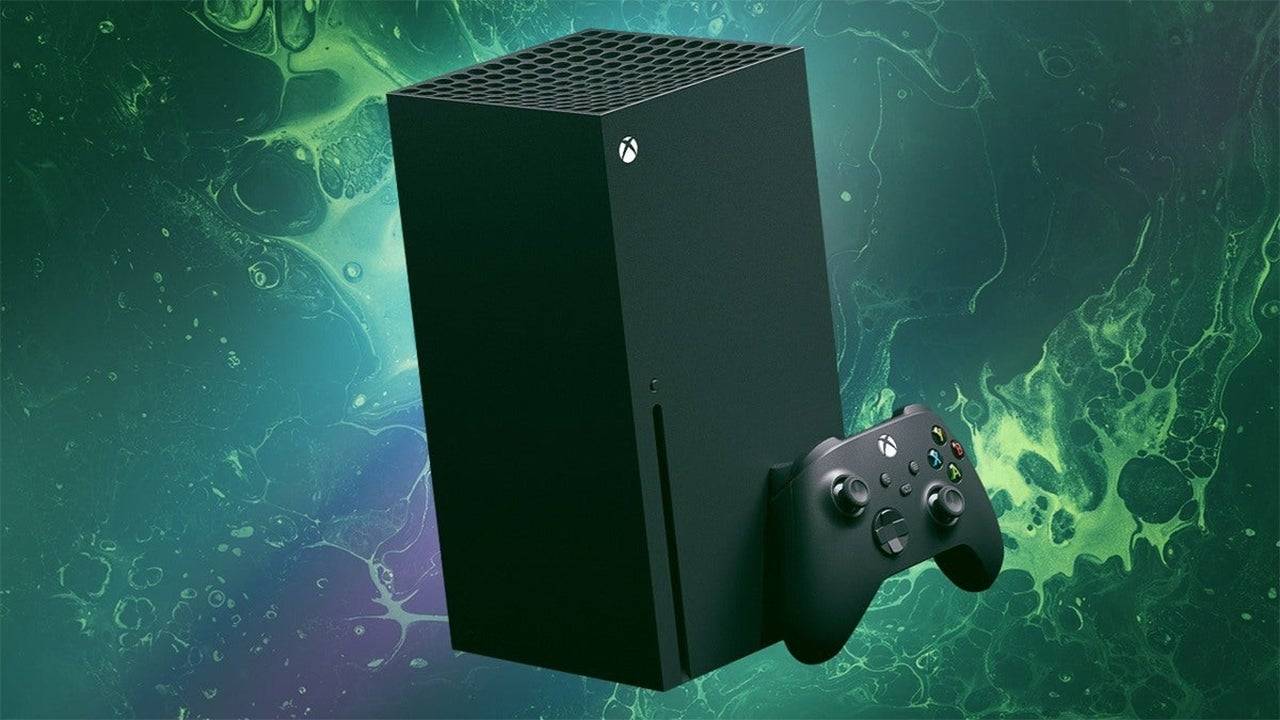The age-old debate between PlayStation and Xbox has been a staple of the video game world for decades. Whether you've engaged in heated discussions with friends, started threads on Reddit, or created content on TikTok, chances are you've been part of this conversation. While there are passionate advocates for PC gaming and Nintendo enthusiasts, the last two decades have largely been shaped by the rivalry between Sony and Microsoft. But has this 'console war' reached its conclusion? The video game industry has undergone significant transformations in recent years, with changes in gamers' habits, preferences, and the emergence of new gaming platforms like handheld devices. The landscape has shifted dramatically from its tribal origins, and the question remains: has a clear winner emerged? The answer might surprise you.
The video game industry has grown into a financial powerhouse. In 2019, it generated $285 billion in revenue worldwide, which soared to $475 billion by last year. This figure surpasses the combined earnings of the global movie and music industries, which totaled $308 billion and $28.6 billion, respectively, in 2023. Projections suggest the industry will reach nearly $700 billion by 2029, a remarkable feat considering its origins with games like Pong.
This growth has not gone unnoticed, attracting Hollywood stars such as Mads Mikkelsen, Keanu Reeves, Jon Bernthal, and Willem Dafoe to star in video games over the past five years. Their participation highlights the shift in how video games are perceived. Even giants like Disney are making significant investments, such as the $1.5 billion stake in Epic Games, as part of Bob Iger's strategy to establish a stronger presence in gaming. However, not all are benefiting equally from this rising tide, particularly Microsoft's Xbox division.

The Xbox Series X and S were designed to be significant upgrades over the Xbox One, yet their sales have not met expectations. The Xbox One has outsold the Series X/S by nearly double, and according to Mat Piscatella from Circana, this console generation may have peaked in sales. In 2024, Xbox Series X/S sold less than 2.5 million units throughout the year, while the PlayStation 5 achieved the same sales figure in just the first quarter. Reports suggest Xbox may be closing its department responsible for physical game distribution and potentially withdrawing from the EMEA market, signaling a retreat in the console war.
However, Xbox isn't just retreating; it has already surrendered. During the Activision-Blizzard acquisition, Microsoft's findings of fact revealed that the company believes Xbox never had a real chance in the console war. Facing declining sales and a parent company acknowledging its struggles, Xbox is shifting away from traditional console manufacturing. Xbox Game Pass has become a central focus, with leaked documents showing the company's willingness to pay substantial sums to include major titles like Grand Theft Auto 5 and Star Wars Jedi: Survivor on the service. Microsoft's 'This Is An Xbox' campaign suggests a redefinition of Xbox from a console to an accessible gaming service, potentially including a rumored Xbox handheld device as part of a next-gen 'hybrid cloud gaming platform'.

Microsoft's pivot towards mobile gaming is driven by the dominance of this platform. In 2024, of the estimated 3.3 billion gamers worldwide, 1.93 billion play on mobile devices. Mobile gaming, once seen as casual, has become the leading segment of the video game market, especially among Gen Z and Gen Alpha. The market valuation for the video game industry in 2024 was $184.3 billion, with mobile games accounting for $92.5 billion, a 2.8% increase from the previous year. In contrast, console gaming's share dropped to $50.3 billion, a 4% decrease since 2023. The trend towards mobile gaming isn't new; by 2013, mobile games in Asia were already outpacing Western markets, and throughout the 2010s, mobile titles like Puzzle & Dragons and Candy Crush Saga were among the highest-grossing games.
Beyond mobile gaming, the rise of PC gaming has also impacted console sales. Since 2014, PC gaming has seen a steady increase, reaching 1.86 billion players in 2024, partly due to the COVID-19 pandemic's influence on streaming and online gaming. Despite this growth, the PC market's value in 2024 is $41.5 billion, and the gap between console and PC gaming has widened to $9 billion, indicating a decline in PC gaming's market share.

On the other side of the console war, Sony's PlayStation 5 has been a resounding success, with 65 million units sold to date, significantly outpacing the 29.7 million combined sales of the Xbox Series X/S. Sony's Game and Network Services reported a 12.3% profit increase, driven by strong sales of first-party titles like Astro Bot and Ghost of Tsushima Director's Cut. Projections suggest Sony will sell 106.9 million PS5s by 2029, while Microsoft expects to sell between 56-59 million Xbox Series X/S units by 2027. With PlayStation outselling Xbox at a ratio of 5:1 and Xbox titles potentially coming to other platforms, Sony appears to be the dominant force in the console market.
However, the PS5's success is tempered by the fact that 50% of PlayStation users are still playing on PS4s. Only one of the top 20 best-selling games in the U.S. in 2024, Marvel's Spider-Man 2, is a true PS5 exclusive. With only about 15 genuine PS5-exclusive titles available, many question the console's $500 price tag. The PS5 Pro's $700 price point received a lukewarm reception, with tech journalists suggesting the upgrade came too early in the console's life cycle. The arrival of Grand Theft Auto 6 later this year may finally showcase the PS5's true potential and justify its cost.
So, is the console war over? For Microsoft, it seems there was never a belief in winning against Sony. For Sony, while the PS5 has been successful, it hasn't yet proven to be a significant leap forward. The real victor appears to be those who opted out of the traditional console war. The rise of mobile gaming, with companies like Tencent potentially acquiring Ubisoft and the success of games like those from Zynga, indicates a shift towards mobile platforms. The next five years will likely be defined more by cloud gaming infrastructure than by console hardware. The console war may be over, but the battle for dominance in mobile gaming has just begun.















